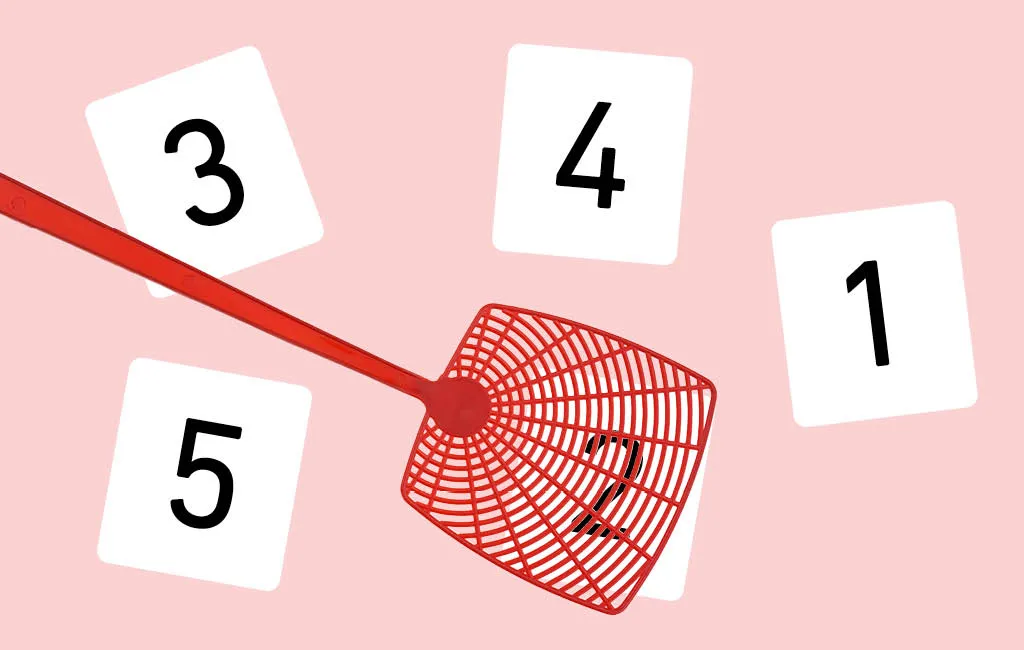Early math at home
Mathematical thinking begins long before school.Even in their early years, children gain playful experiences with numbers, quantities, patterns, and shapes like circles, triangles, and squares.Children encounter numbers everywhere in everyday life, when we mention the time, play a number game, count the stairs, or measure ingredients while baking.Such early mathematical experiences help children understand mathematical concepts at school more easily.They have a much easier time building on this knowledge and discovering the world of numbers with curiosity and joy.That’s why it is useful for children to experience numbers in conversations and everyday situations already in their preschool years.For example: »Put two cucumbers in the shopping cart.At nine o’clock we’re going shopping. We’ll stay at the playground for another half hour. Everyone gets three candies. The ice cream costs two dollars. Please put three plates on the table.«Words such as many, few, more, less, small, big, long, short, right, left, up, down, today, tomorrow, and yesterday also expand children's mathematical vocabulary.The best way for children to learn these words is through daily interactions.For example: »Place the glass to the right of the plate.We’re going to the movies today. Tomorrow we’ll bake a cake.«Support your child’s early math development through daily conversations, play and shared activities to make starting school easier.



























